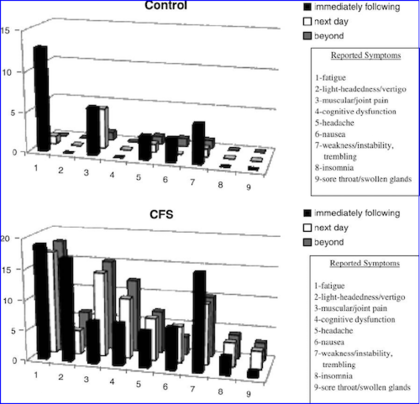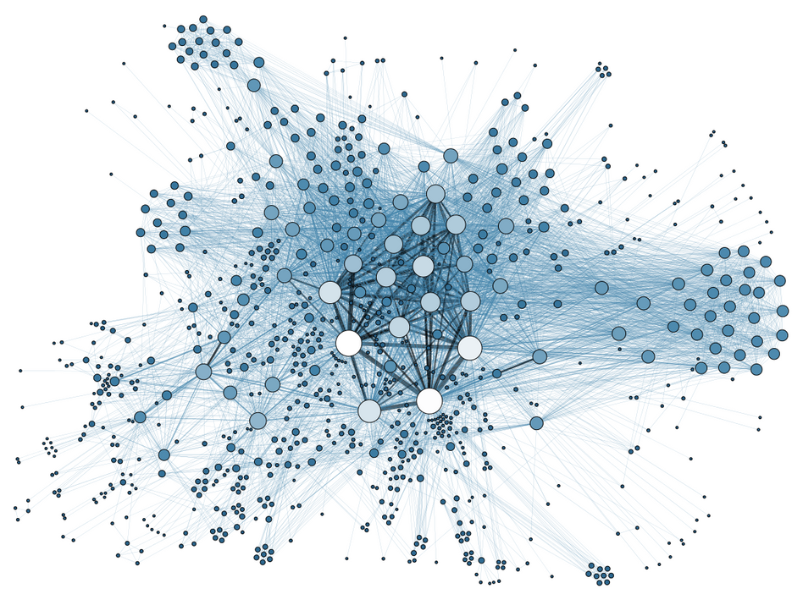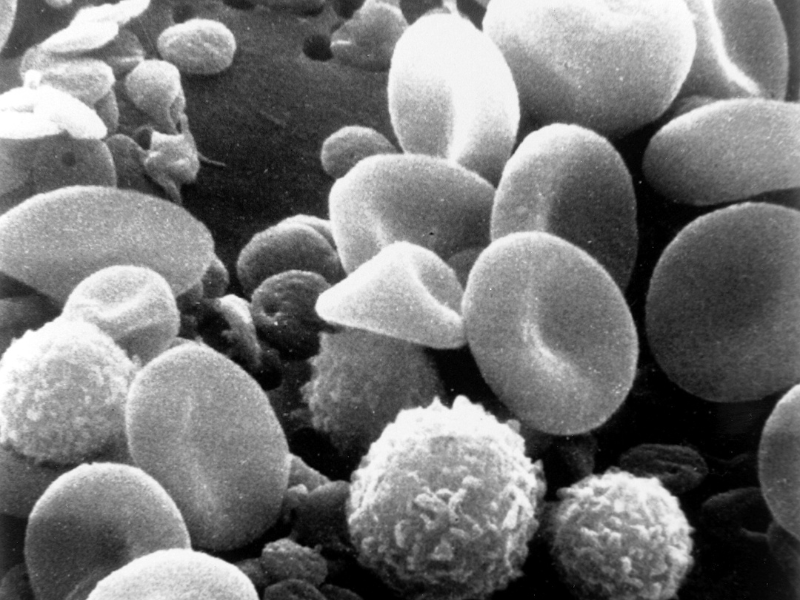Portal:Energy metabolism: Difference between revisions
m (Protected "Portal:Energy metabolism" ([Edit=Allow only administrators] (indefinite) [Move=Allow only administrators] (indefinite))) |
(added 7th / selected article) |
||
| (2 intermediate revisions by the same user not shown) | |||
| Line 12: | Line 12: | ||
<div style="float:left; width:55%;"> <!-- This width adds to the margin below to equal 99%--> | <div style="float:left; width:55%;"> <!-- This width adds to the margin below to equal 99%--> | ||
{{Random portal component with nominate|max= | {{Random portal component with nominate|max=7|header=Selected article|footer=More articles...| subpage=Selected article}} | ||
{{Random portal component with nominate|max= | {{Random portal component with nominate|max=4|header=Selected biography|footer=More biographies...| subpage=Selected biography}} | ||
{{{{FULLPAGENAME}}/box-header|In the news|{{FULLPAGENAME}}/News|}} | {{{{FULLPAGENAME}}/box-header|In the news|{{FULLPAGENAME}}/News|}} | ||
Revision as of 04:55, April 22, 2018
MEpedia portals: Myalgic Encephalomyelitis · Nervous system · Cardiovascular system · Digestive system · Energy metabolism · Endocrine system · Immune system · Pathogens · History & People · Treatments
Energy metabolism
Abnormalities in energy metabolism and exercise intolerance are key features of myalgic encephalomyelitis, whose cardinal symptom is post-exertional malaise. (more...)
Post-exertional malaise (PEM) is a worsening of many ME/CFS symptoms as a result of physical or mental exertion. Patients, ME/CFS organizatons, clinicians and researchers that work in the ME/CFS field often referred to it as "the marker," i.e., the main symptom that differentiates ME and CFS from other fatiguing illnesses. PEM can last for days to weeks after the exertion. (more...)
Professor Robert K. Naviaux, is a Professor in Residence at the University of California, USA. His work "has focused on the role of mitochondrial DNA replication, copy number regulation, DNA damage, and nucleotide signaling in development, aging, healing and regeneration in mitochondrial mechanisms of disease and development." He was joined the Open Medicine Foundation's research team in 2016, following a announcement that the ME/CFS Severely Ill, Big Data Study had a significant result in the area of mitochondria.
Dr. Naviaux directs the Robert Naviaux Laboratory at University of California, San Diego (UCSD) whose work is "divided into two groups: 1) Mitochondrial Mechanisms of Disease and Development, and 2) Evolutionary Systems Biology and Marine Metagenomics." He is founder and co-director of the Mitochondrial and Metabolic Disease Center at UCSD, the co-founder and a former president of the Mitochondrial Medicine Society (more...)
In the news
Did you know?
Categories
Topics
- ATP-Dependent RNA Helicase DDX51
- Cell danger response hypothesis
- Cellular respiration
- Glycolysis
- Ketosis
- Kynurenine
- Kynurenine pathway
- Lactic acid
- Lactic acidosis
- Metabolic
- Metabolic features of chronic fatigue syndrome
- Metabolomics
- Methyl-CpG binding protein 2
- Mitochondrial disorder
- Nitrogen hypothesis
- Peroxisome
- Pyrroloquinoline Quinone
- VO2 Max
- Category:Anaerobic respiration
- Category:Beta-oxidation
- Category:Cellular respiration
- Category:Energy production or transportation symptoms
- Category:Metabolic diseases and disorders
- Category:Metabolic pathways
Related portals
WikiProjects
Things to do





